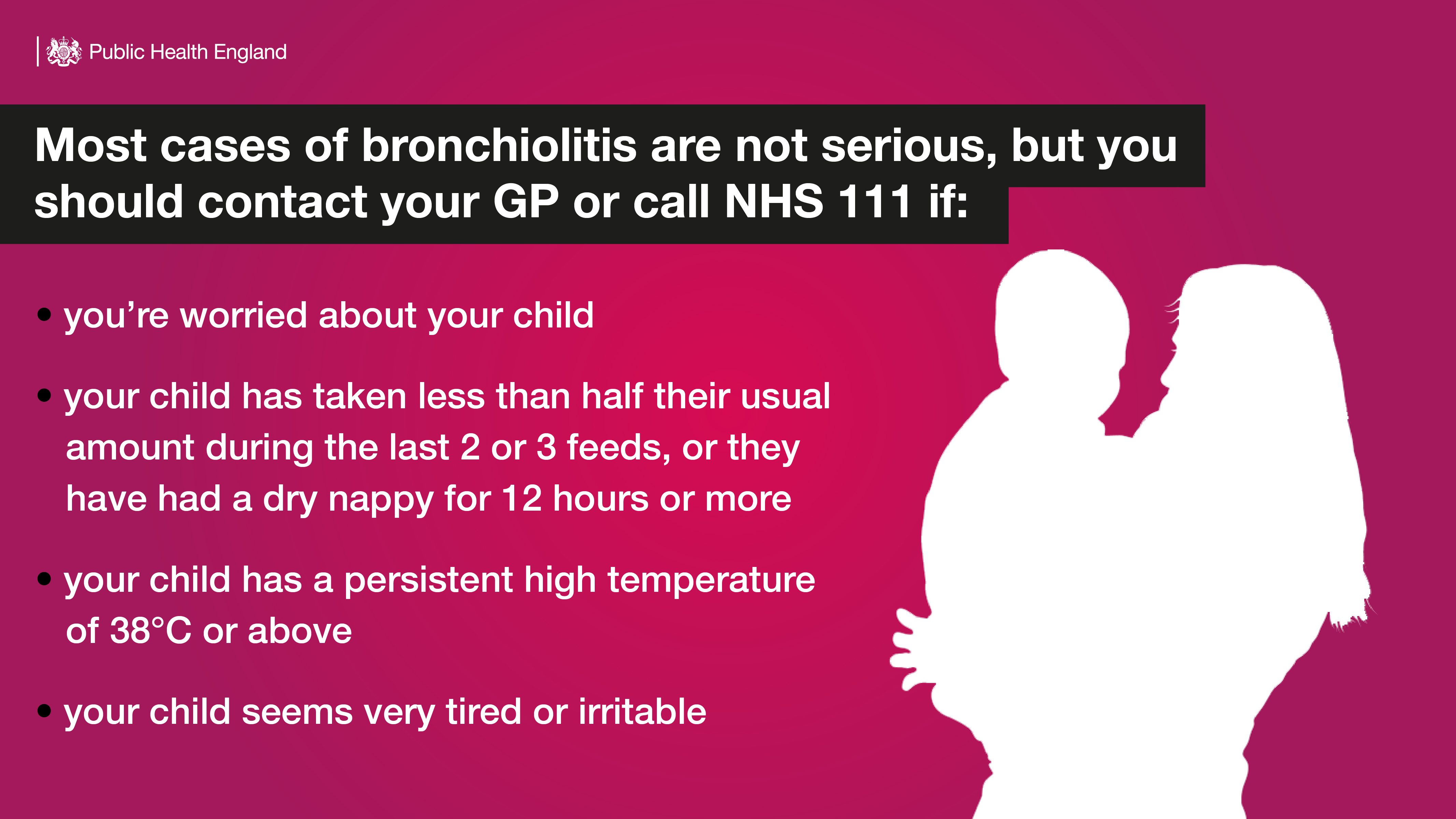Latest News
Parents urged to be aware of the signs of respiratory illnesses in young children
Published: Friday, 13th August 2021

signs
Health experts are raising awareness of respiratory illnesses in children as cases rise in parts of the country.
Respiratory illnesses, including colds and Respiratory Syncytial Virus (RSV) are very common in young children but it is unusual to see so many at this time of year.
While most cases of bronchiolitis are not serious, some children under two, especially those born prematurely or with a heart condition, can develop a more serious condition like bronchiolitis.
This is an inflammatory infection of the lower airways which can make it hard to breath.
Councillor Nadeem Ahmed, Leader of Pendle Council, said: "There are more respiratory illnesses because of the measures taken to stop Covid-19 from spreading.
"Now restrictions have eased, more children are developing Respiratory Syncytial Virus and other respiratory illnesses.
"The majority of the time these are not serious, with children usually recovering after plenty of rest and fluids.
“But please be aware of the symptoms and know when to seek medical help via your GP or the NHS by calling 111.”
Dr Sakthi Karunanithi, Director of Public Health for Lancashire County Council, explained: “The early symptoms of bronchiolitis are similar to those of a common cold.
“However, they can develop over a few days into a high temperature of 37.8°C or above (fever), a dry and persistent cough, difficulty feeding, rapid or noisy breathing (wheezing).
“The main signs to look out for is whether your child is not feeding properly, have had a dry nappy for 12 hours or more, have a persistent high temperature of 38C or above, or seem very tired or irritable.
"If your child becomes breathless, their tongue or lips are blue, or there are long pauses in their breathing, then call 999 for an ambulance immediately."
 RSS version
RSS version